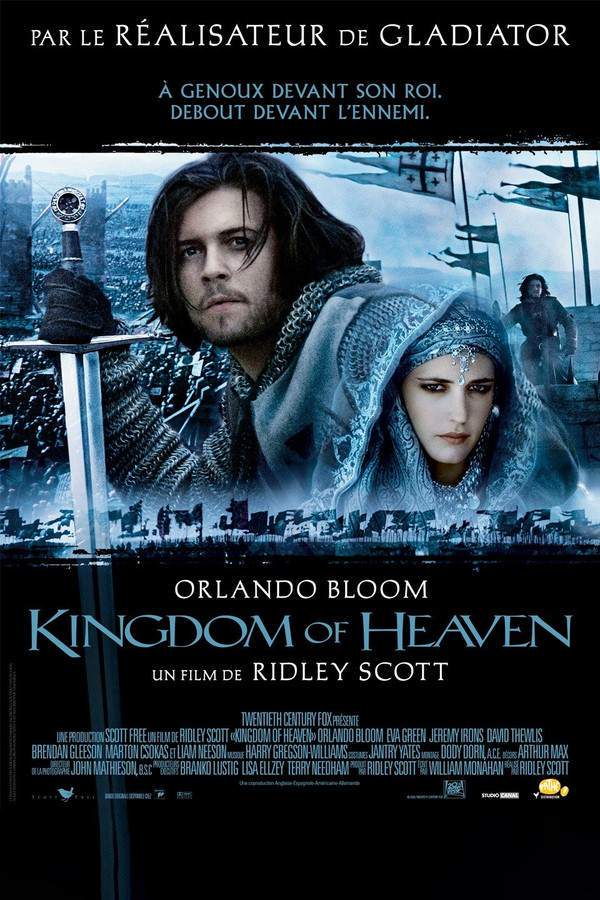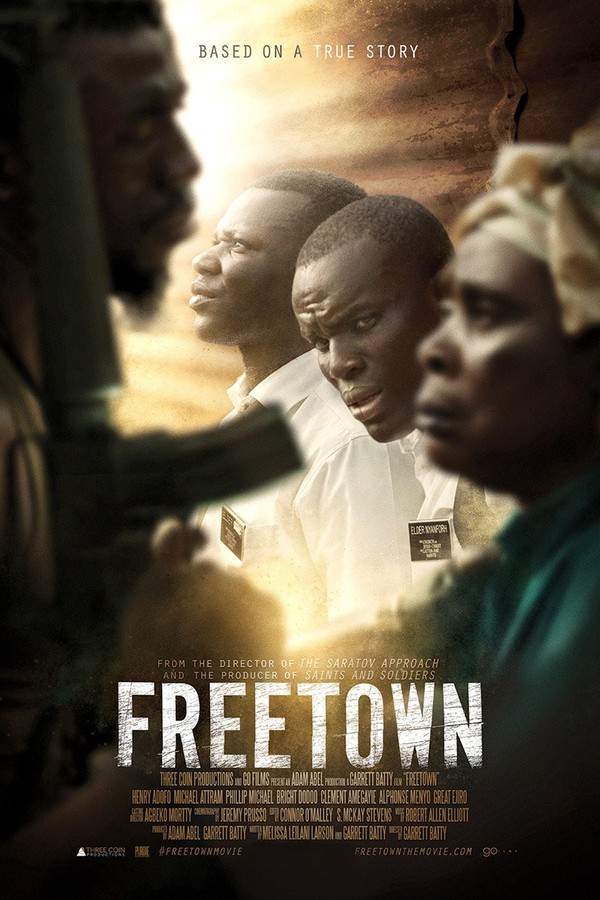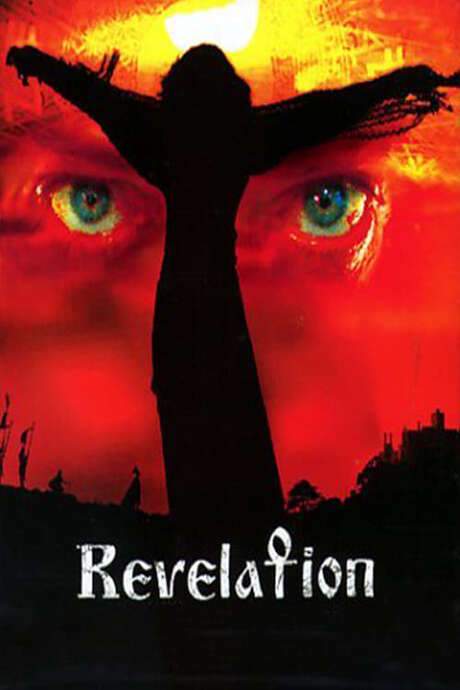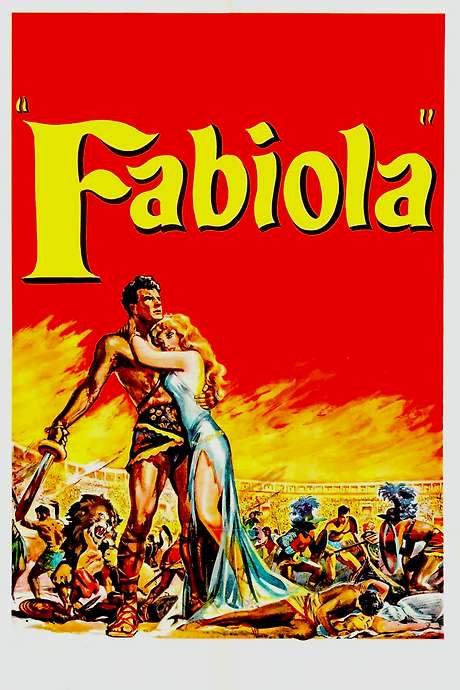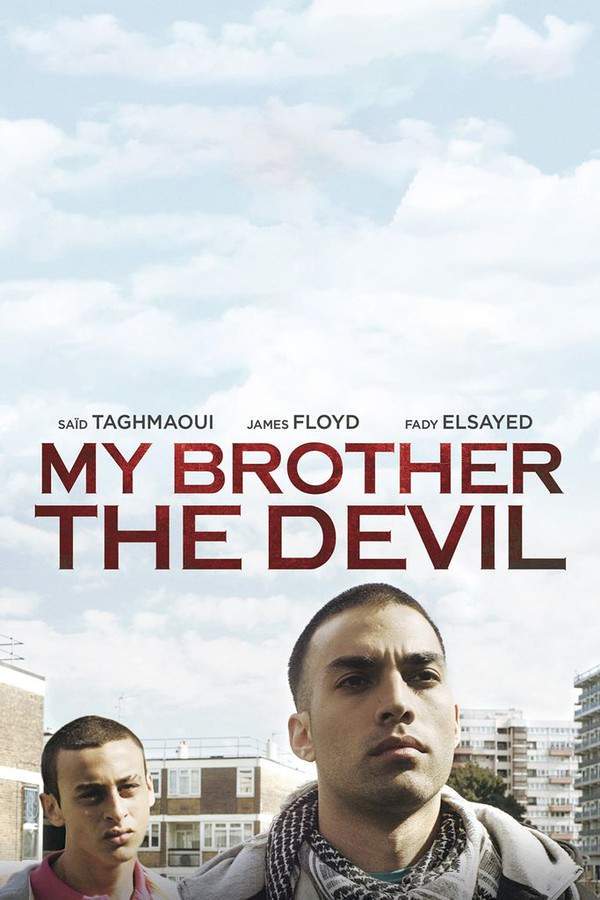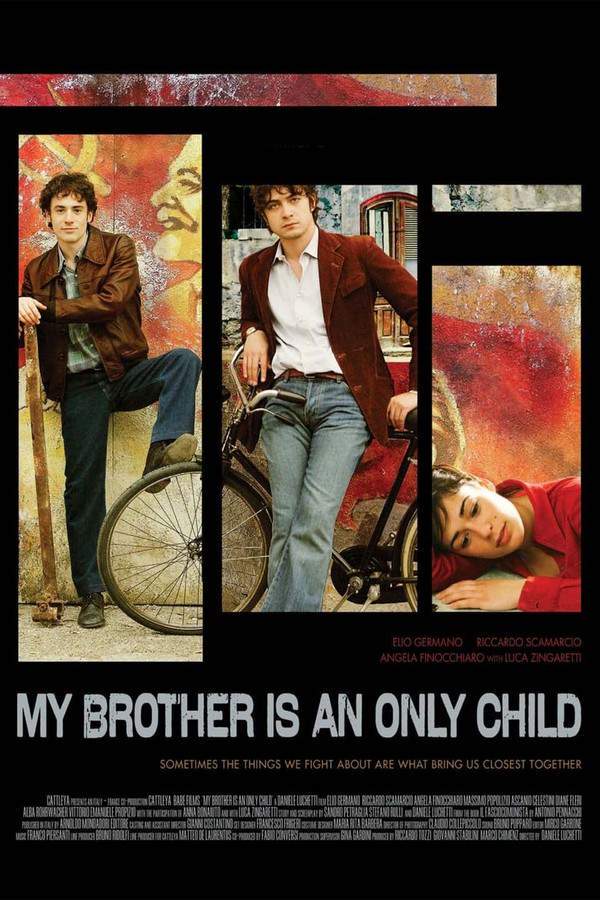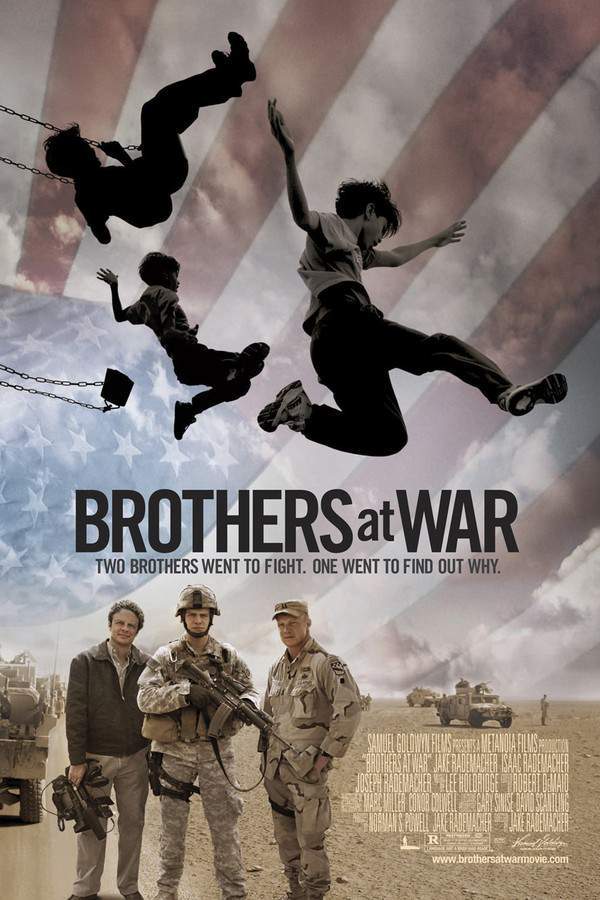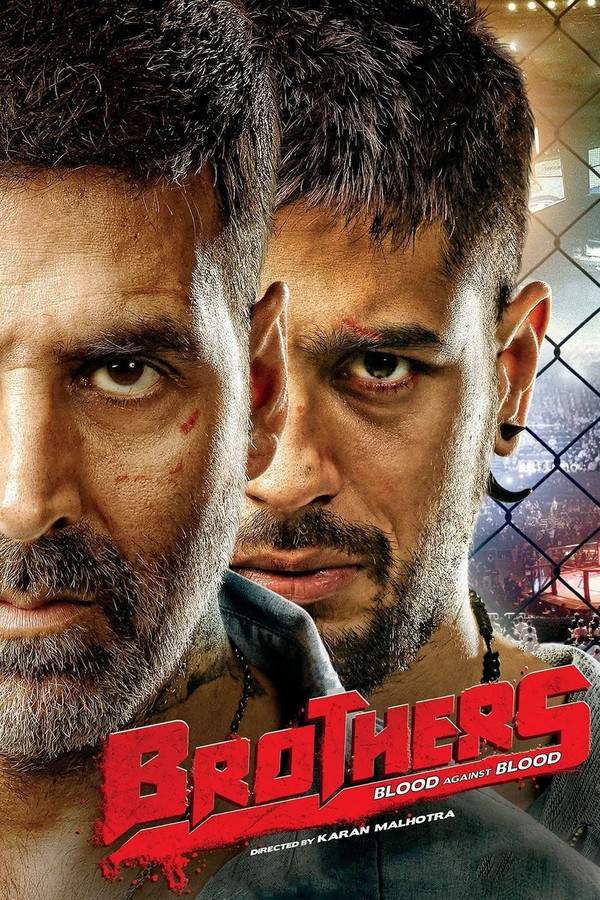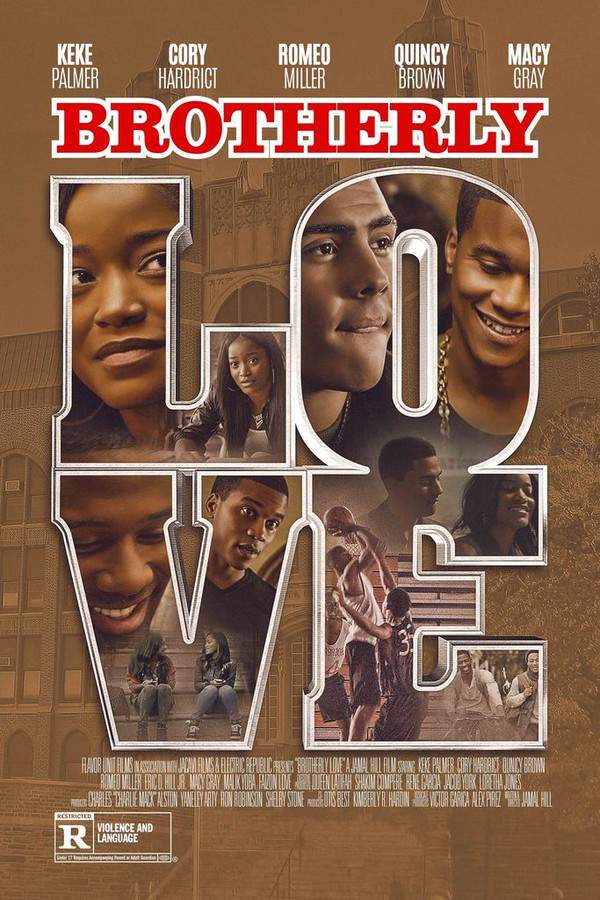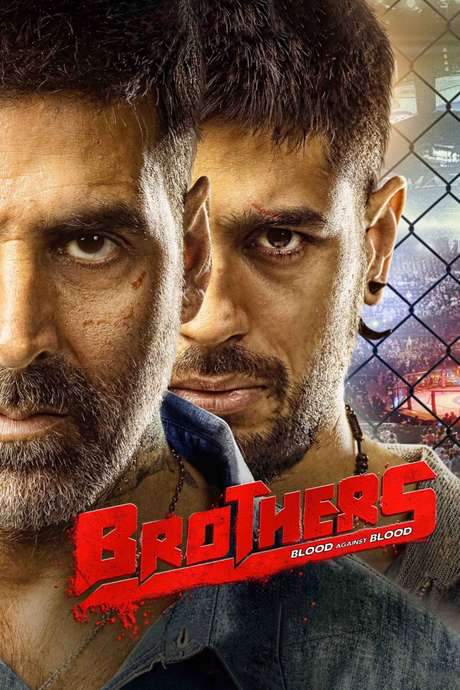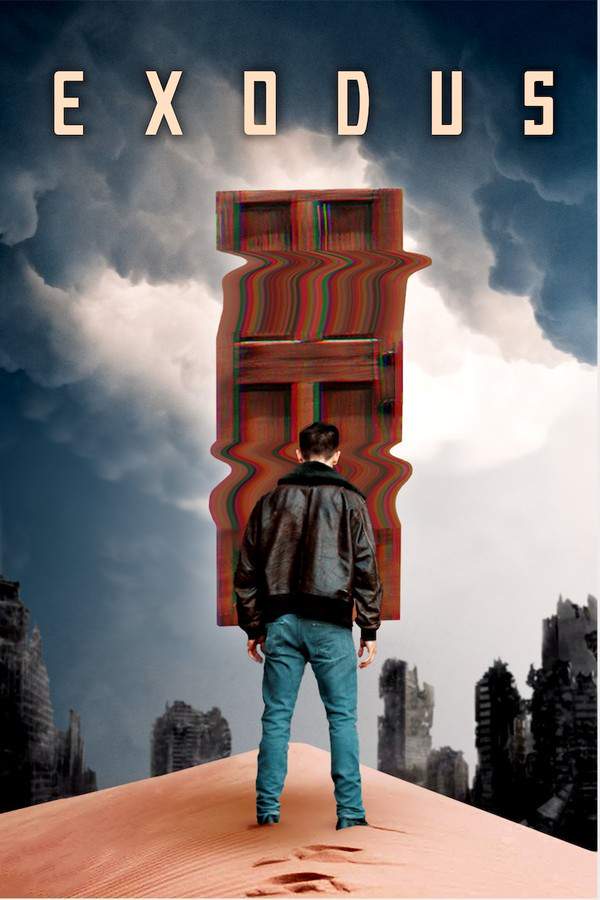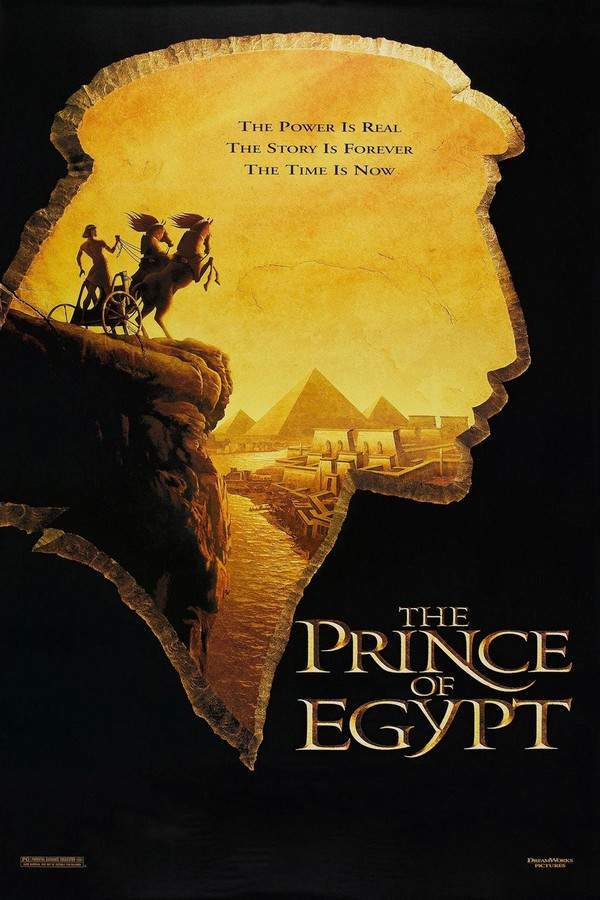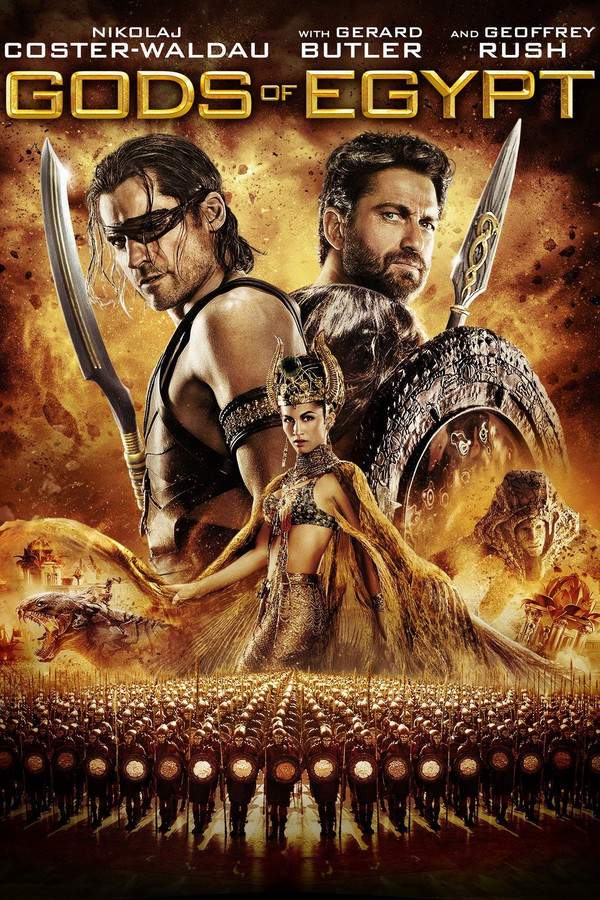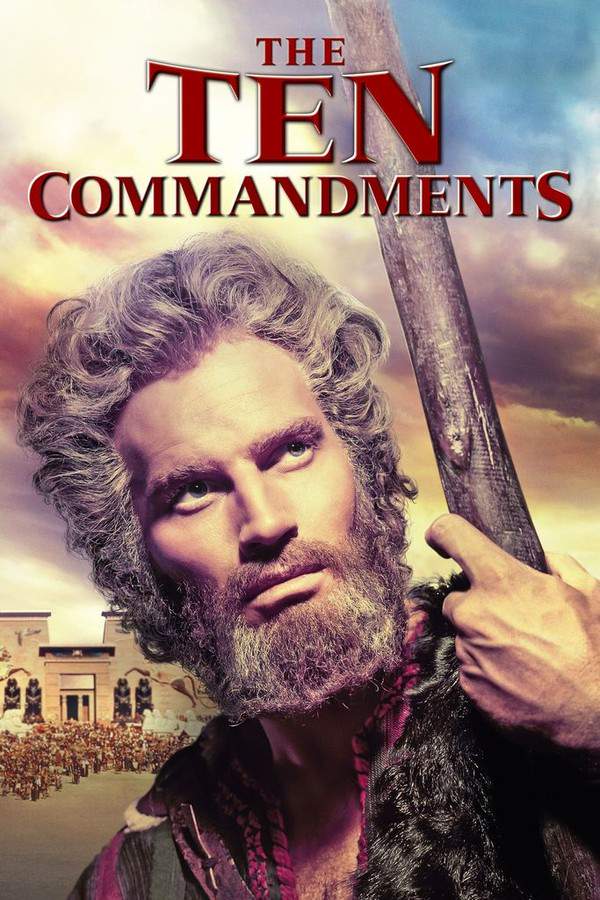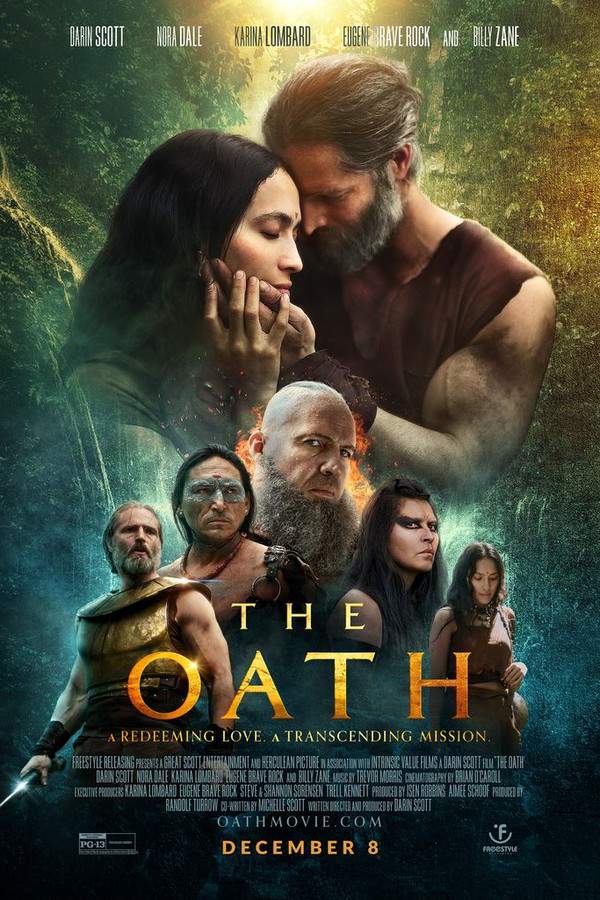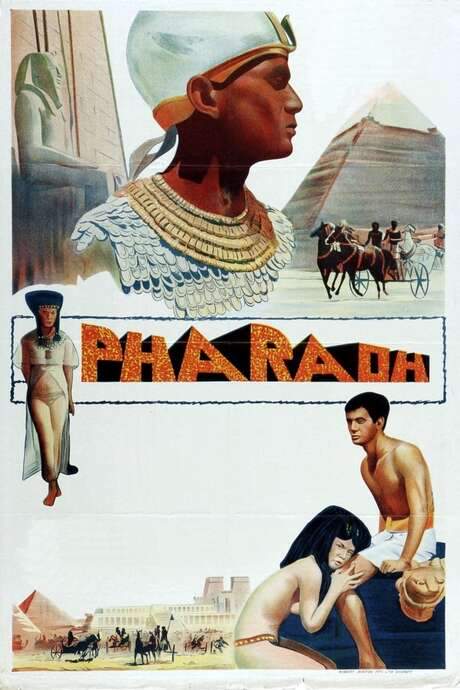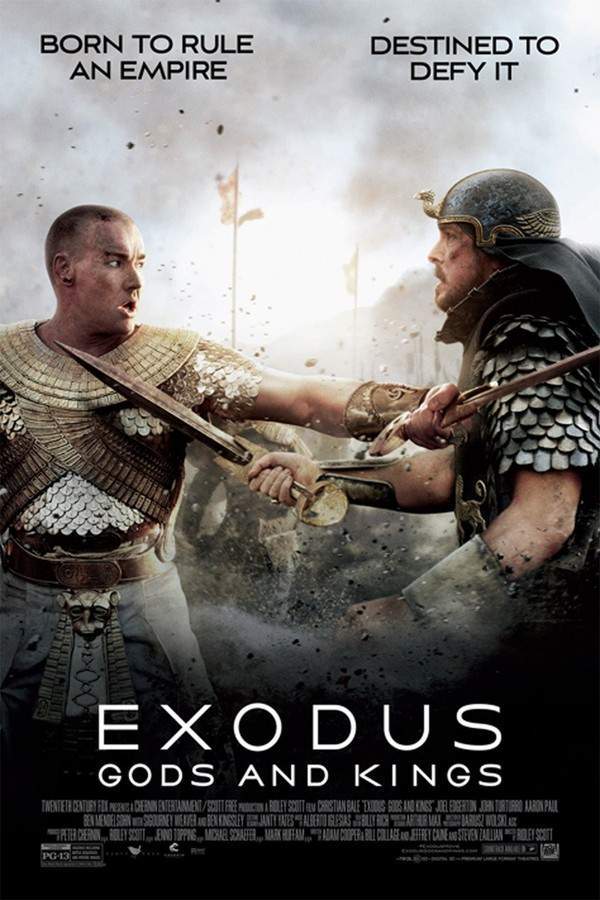
Exodus: Gods and Kings
Year: 2014
Runtime: 150 min
Language: English
Director: Ridley Scott
Budget: $140M
In ancient Egypt, princes Moses and Ramses share a close bond. As Ramses rises to become pharaoh, Moses serves as his trusted advisor. However, discovering his own Hebrew origins leads to a dramatic shift in Ramses' trust, resulting in Moses' exile and a looming threat to his life. Divine intervention compels Moses to lead the enslaved Israelites in a quest for freedom, setting in motion a monumental conflict with the powerful pharaoh.
Warning: spoilers below!
Haven’t seen Exodus: Gods and Kings yet? This summary contains major spoilers. Bookmark the page, watch the movie, and come back for the full breakdown. If you're ready, scroll on and relive the story!
Timeline & Setting – Exodus: Gods and Kings (2014)
Explore the full timeline and setting of Exodus: Gods and Kings (2014). Follow every major event in chronological order and see how the environment shapes the story, characters, and dramatic tension.
Last Updated: October 22, 2024 at 20:00
Main Characters – Exodus: Gods and Kings (2014)
Meet the key characters of Exodus: Gods and Kings (2014), with detailed profiles, motivations, and roles in the plot. Understand their emotional journeys and what they reveal about the film’s deeper themes.
Last Updated: October 22, 2024 at 20:00
Major Themes – Exodus: Gods and Kings (2014)
Explore the central themes of Exodus: Gods and Kings (2014), from psychological, social, and emotional dimensions to philosophical messages. Understand what the film is really saying beneath the surface.
Last Updated: October 22, 2024 at 20:00
Explore Movie Threads
Discover curated groups of movies connected by mood, themes, and story style. Browse collections built around emotion, atmosphere, and narrative focus to easily find films that match what you feel like watching right now.
Biblical Epics and Liberation Stories like Exodus: Gods and Kings
Grand stories where faith and divine will clash with oppressive empires for freedom.If you enjoyed the grand scale and spiritual conflict of Exodus: Gods and Kings, explore more movies like it. This section features epic historical dramas and biblical stories focused on faith, prophecy, and the struggle for freedom against tyrannical rule, often involving divine intervention and large-scale spectacle.
Narrative Summary
Stories in this thread typically follow a reluctant hero who discovers a higher calling, often tied to their heritage or destiny. They must challenge a powerful ruler or system, leading to a series of escalating conflicts that test their faith and resolve. The narrative builds towards a climactic, often miraculous, event that secures freedom but leaves a trail of profound consequence.
Why These Movies?
These movies are grouped by their shared focus on faith-driven narratives against epic backdrops. They blend high-stakes drama with elements of the divine, creating a tone that is simultaneously somber, triumphant, and awe-inspiring. The pacing is steady and grand, allowing the weight of the prophecy and the scale of the conflict to fully immerse the viewer.
Movies with Epic Brotherly Conflicts like Exodus: Gods and Kings
Intense dramas where a deep bond between brothers fractures under the weight of power and destiny.For viewers who were captivated by the intense rivalry between Moses and Ramses in Exodus: Gods and Kings, this section collects films with similar dynamics. Discover stories about brothers or close allies turned adversaries, where personal bonds are tested by destiny, power, and ideological divides, leading to high-stakes drama.
Narrative Summary
The narrative pattern revolves around a seemingly unbreakable bond that is severely tested. A discovery or a shift in power dynamics creates an irreconcilable rift, forcing the protagonists onto opposing sides of a larger conflict. The drama derives its tension from the personal history they share, making every confrontation charged with past affection and present betrayal.
Why These Movies?
These films are united by the heavy emotional weight of a fractured kinship. The tone is intensely dramatic and tense, driven by the personal stakes of the conflict rather than just external forces. The pacing allows for the relationship's downfall to unfold with tragic gravity, resulting in stories that are as much about personal loss as they are about the larger plot.
Unlock the Full Story of Exodus: Gods and Kings
Don't stop at just watching — explore Exodus: Gods and Kings in full detail. From the complete plot summary and scene-by-scene timeline to character breakdowns, thematic analysis, and a deep dive into the ending — every page helps you truly understand what Exodus: Gods and Kings is all about. Plus, discover what's next after the movie.
Exodus: Gods and Kings Summary
Read a complete plot summary of Exodus: Gods and Kings, including all key story points, character arcs, and turning points. This in-depth recap is ideal for understanding the narrative structure or reviewing what happened in the movie.

Exodus: Gods and Kings Timeline
Track the full timeline of Exodus: Gods and Kings with every major event arranged chronologically. Perfect for decoding non-linear storytelling, flashbacks, or parallel narratives with a clear scene-by-scene breakdown.

Exodus: Gods and Kings Spoiler-Free Summary
Get a quick, spoiler-free overview of Exodus: Gods and Kings that covers the main plot points and key details without revealing any major twists or spoilers. Perfect for those who want to know what to expect before diving in.

More About Exodus: Gods and Kings
Visit What's After the Movie to explore more about Exodus: Gods and Kings: box office results, cast and crew info, production details, post-credit scenes, and external links — all in one place for movie fans and researchers.

Similar Movies to Exodus: Gods and Kings
Discover movies like Exodus: Gods and Kings that share similar genres, themes, and storytelling elements. Whether you’re drawn to the atmosphere, character arcs, or plot structure, these curated recommendations will help you explore more films you’ll love.
Explore More About Movie Exodus: Gods and Kings
Exodus: Gods and Kings (2014) Plot Summary & Movie Recap
Exodus: Gods and Kings (2014) Scene-by-Scene Movie Timeline
Exodus: Gods and Kings (2014) Spoiler-Free Summary & Key Flow
Movies Like Exodus: Gods and Kings – Similar Titles You’ll Enjoy
Exodus (1960) Story Summary & Characters
The Prince of Egypt (1998) Story Summary & Characters
Gods of Egypt (2016) Movie Recap & Themes
The Ten Commandments (2007) Detailed Story Recap
The Oath (2023) Plot Summary & Ending Explained
Pharaoh’s War (2019) Complete Plot Breakdown
The Ten Commandments: The Musical (2006) Detailed Story Recap
The Exodus Decoded (2006) Plot Summary & Ending Explained
Exodus: Tales from the Enchanted Kingdom (2005) Full Movie Breakdown
The Ten Commandments (1923) Spoiler-Packed Plot Recap
The Egyptian (1954) Full Summary & Key Details
Moses: Egypt’s Great Prince (1998) Full Movie Breakdown
Moses the Lawgiver (1974) Full Summary & Key Details
The Ten Commandments (1956) Story Summary & Characters
Pharaoh (1966) Movie Recap & Themes


